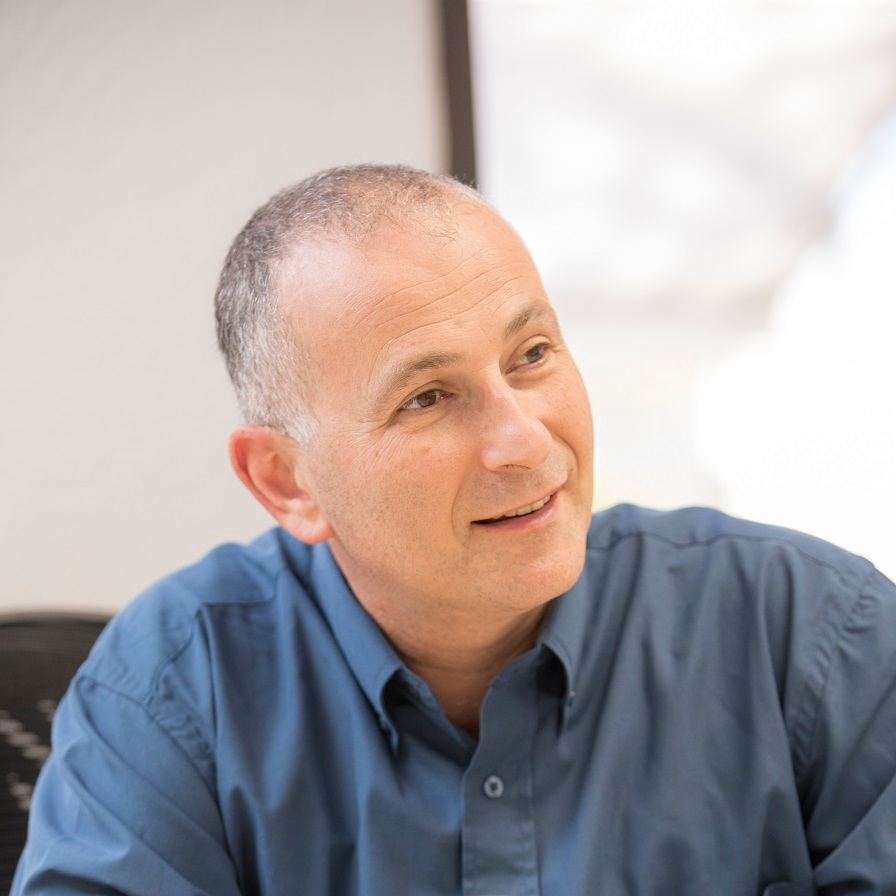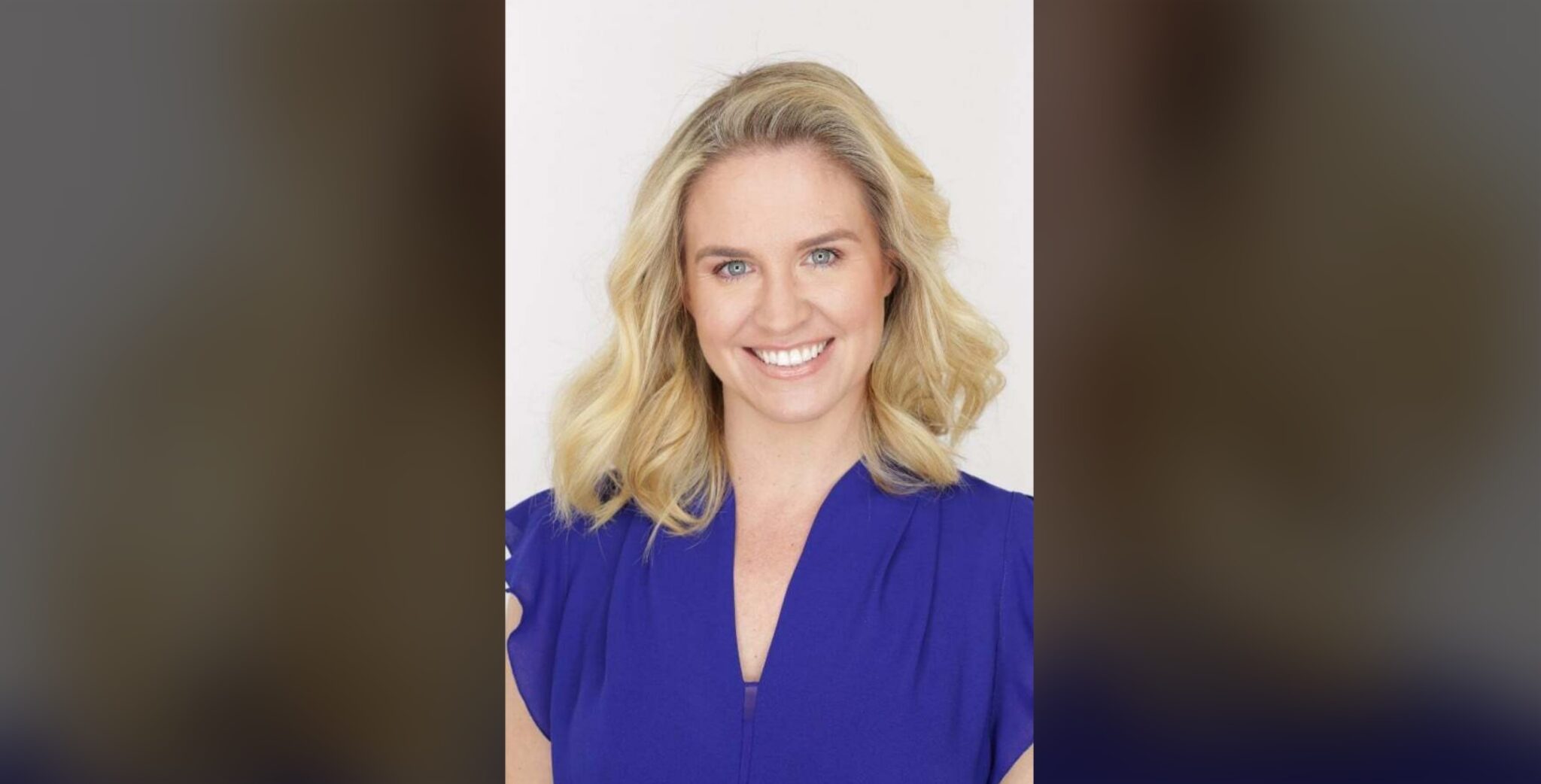
Last year, Velo3D marked a major milestone when it went public on the New York Stock Exchange. The company had merged with JAWS Spitfire Acquisition Corporation a few months prior and was sitting on $274 million in funds.
In the year since, Velo3D has marked continued growth. The startup provides an end-to-end metal 3D printing solution for mission-critical parts used for space exploration, and is renowned for how it improved on laser powder bed fusion (PBF) technology.
However, success didn’t come easily for the company’s founder Benny Buller. Throughout his journey as a startup founder, Buller came to the edge of the precipice on more than one occasion, and his handling of these moments are what enabled his company to stand out from the crowd.
“Success in a startup is not achieved very often,” Buller says. “These near death situations are inevitable in every startup. And how you deal with them is probably what separates the ones that succeed from the ones that fail.”
Buller is among the keynote speakers at this year’s Founder’s Network annual conference. fnSummit 2022 will bring together founders, investors, and partners in the startup ecosystem for three days of networking and learning in Napa Valley. In his session, Buller provided his journey as a startup founder and the challenges he faced along the way.
Here’s a sneak peak of his keynote presentation.
To learn more about the challenges a startup can face check out the webinar from October 13 or explore our entire event video library
Building a Positive Work Environment
Burnout is a common reality for startup teams, particularly in the early stages. According to a recent report, 87 percent of startup employees said that working at a startup had negatively impacted their mental health at some point, and 84 percent experienced burnout.
In the early stages, Buller’s startup was on the edge of burnout as well. The team was struggling to meet deadlines and as a result, Buller pushed them to work longer hours. Ultimately, he realized this wasn’t an effective strategy for accomplishing goals and garnering team buy in.
“In the seed stage particularly and in the early stages, the company was on a very fragile footing,” Buller says. “We were always behind. There was always so much more to do than we thought there was. And I was always feeling that we were not working enough and was always putting a lot of pressure on the team. Over time, I actually realized that this is the wrong attitude and the wrong perspective. If you make sure that people understand the critical things that you need to deliver and why you need to deliver, people will give everything they have to get there.”
Balancing Funding Risks
According to a recent report, 88 percent of U.S. startup leaders are worried about fundraising. It’s one of the most stressful and difficult situations a startup founder will face.
When Buller was fundraising, he accepted funding from an investor who was known for being very aggressive in his negotiations with startup founders. However, since Buller had done his homework on the investor, he was prepared for the challenge when the time came.
“During our series A, I debated taking money from a specific investor who has been known to be extremely aggressive in the way they deal with startups and the way they leverage their advantage to very often drive startups to very uncomfortable places for the founders,” Buller says. “So a few years later, it actually happened. They put me in a very difficult situation and threatened to basically shut down the company if I didn’t do what they wanted. And I said, yeah, let’s shut down the company. I was not bluffing. I actually was absolutely ready to shut down the company. But it brought them to their senses and we negotiated a completely reasonable outcome.”
Maintaining Management Control
Maintaining control of a startup can be difficult in the long term. According to an analysis of more than 200 startups, most founders surrender management control long before their companies go public. By the time the ventures were three years old, 50 percent of founders were no longer the CEO; by year four that number fell to 40 percent; and fewer than 25 percent led their companies’ initial public offerings.
Buller faced similar challenges with his startup and was almost forced out.
“We made a big mistake in series C and we ended up promising more than we could deliver. Our board decided to bring a new CEO. They didn’t agree with my business strategy, my go to market strategy. I wanted to focus on niches where we have a knockout advantage. They wanted us to go head to head with our competitors. So they convinced me to get a new CEO, and I was willing to do that,” Buller says. “But then I talked with a mentor that I had, and that was like a wake up call for me because they put so much pressure on me and they were so charming and convincing about it that I was that close to agreeing to it. But I am sure that if I would’ve surrendered, the company would’ve died.”
In his keynote, Buller covered:
- How a company’s culture is the mirror of its founders’ character
- How mistakes are the foundation of startup success
- The line between vision and determination, and stubbornness and arrogance
–
fnSummit 2022 encapsulates the Founders Network experience, giving startup founders the opportunity to learn from other tech founders in the startup ecosystem, build deep relationships with investors, and uncover solutions to the challenges they’re facing. The annual event provides the perfect setting for off the record discussion, reflection, and networking.
To learn more about the challenges a startup can face, see if you qualify for membership and check out the webinar from October 13.






